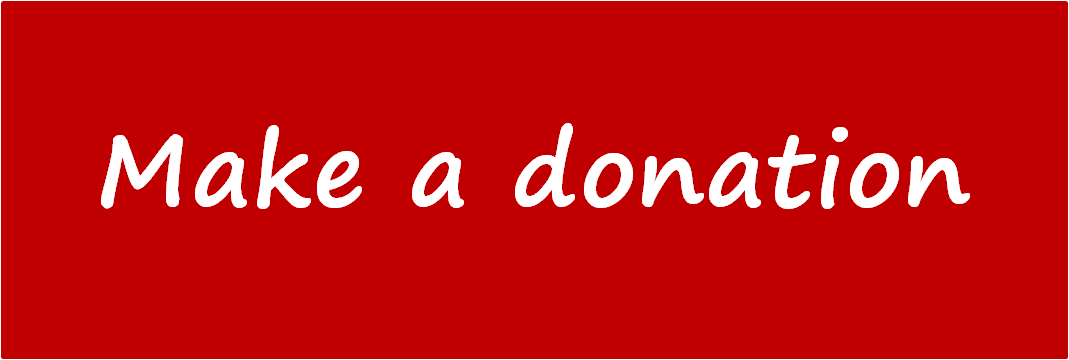Recognise Palestine
28 July 2017, via The Advertiser
Why South Australia Upper House must vote yes for State of Palestine
by Mike Khizam, AFOPA
THE South Australian Legislative Council will vote next week on a motion calling on the Federal Government to recognise the State of Palestine as 138 other states around the world have done.
The motion deserves to succeed because recognition by the Australian Government is a meaningful and important contribution to achieving a just peace between Israel and the Palestinians.
It is consistent with Australia’s support for a two-state solution to the conflict and with our existing recognition of Israel.
The question of freedom and self-determination for the Palestinians has become one of the great moral questions of our time.
Half a century of Israeli military occupation of Palestinian land combined with the development of an apartheid style regime in the Occupied Territories has forced these issues to the forefront internationally.
Israel’s relentless settlement policy in the areas designated for a Palestinian State is rightly seen as undermining, perhaps fatally, the possibility of peace based on two states.
Simply voicing support for a two-state solution while doing nothing to prevent its destruction is no longer tenable.
There is nothing radical about recognition of Palestine and thereby recognising the existence of two states.
It is a measure that will help the prospects for peace by making it clear to Israel that there must be a Palestinian State.
Indeed, in December 2016, the then US Secretary of State, John Kerry, declared that the Israeli Government’s policies in the Palestinian Territories imperilled the two-state solution and he said that “settlements are not the cause of the conflict, but no one can ignore the reality of the threat they pose to peace.”
Recognition is being urged by long-time supporters of Israel for Israel’s own sake. Former Prime Ministers Bob Hawke and Kevin Rudd and former Foreign Ministers Bob Carr and Gareth Evans strongly support recognition of Palestine to save the two-state solution.
The military occupation of the West Bank and East Jerusalem has lasted for 50 years. The siege of Gaza, now into its 10th year, is recognised internationally as equivalent to occupation. On June 4 Human Rights Watch released a report which states: “Fifty years after Israel occupied the West Bank and Gaza Strip, it controls these areas through repression, institutionalized discrimination, and systematic abuses of the of Palestinian population’s rights.
“At least five categories of major violations of international human rights law and humanitarian law characterize the occupation: unlawful killings; forced displacement; abusive detention; the closure of the Gaza Strip and other unjustified restrictions on movement; and the development of settlements, along with the accompanying discriminatory policies that disadvantage Palestinians.”
Military occupation is the opposite of self-determination; it is the rule of one people over another by force.
The supporters of Israel will say that the Occupation is about Israel’s self-defence.
The occupation is not about the defence of Israel; rather it provides the basis for ongoing colonisation.
Israel is not simply holding these territories against the wishes of their Palestinian inhabitants but actively shifting its own population there.
Since 1967, between 650,000 and 800,000 Israelis have been settled in the West Bank and East Jerusalem - Palestinian territory.
This is in contravention of the Fourth Geneva Convention of War and in itself is a war crime.
Friends of Israel must recognise that the current trajectory is self-destructive and will most likely result in an Apartheid state.
In Israel there is no significant internal pressure for an end to the Occupation.
International pressure is the only avenue to secure a change in Israeli Government policy.
A Roy Morgan poll conducted earlier this year found that 73% of Australians support recognition of a Palestinian State while in South Australia the figure is higher still at 74.3%.
Palestinians, like all other people, have a right to freedom and self-determination.
Justice demands this and peace requires it.
State parliaments and other representative bodies have an important role to play in persuading our Federal Government to represent the views of the Australian public on this issue and to take a position that actively supports peace.
Mike Khizam is Executive Officer, Australian Friends of Palestine Association
The article was in response to Sharyn Mittelman: South Australian politicians must reject State of Palestine, 28 July 2017
Select by tag
- 1948
- 1967 War
- 29 November
- 3 goals
- 3D printing
- 5 ways
- 60 dead children
- 70 years
- AFOPA
- AFOPA Media Report
- AFOPA statement
- ALP
- APAN
- Abbas
- Absentee Property Law
- Adalah
- Adelaide
- Ahed Tamimi
- Airbnb
- Al-Aqsa Mosque
- Alabnese
- Albanese
- Amazon
- Amnesty International
- Annexation
- Anti-Palestinianism
- Antisemitism
- Apartheid
- Arab academics
- Attacks
- Australia
- Australian Government
- BDS
- BDS Campaign
- Balfour Declaration
- Bassem Tamimi
- Bedouin
- Beersheba
- Beirut
- Benjamin Netanyahu
- Berlin4Palestine
- Bernard Regan
- Bethlehem
- Biden
- Birzeir University
- Breaking the Silence
- Britain
- COSATU
- COVID-!(
- Canada




